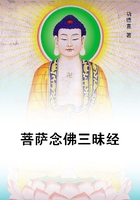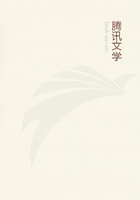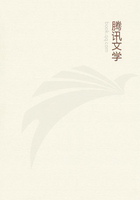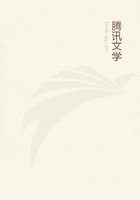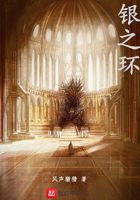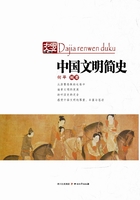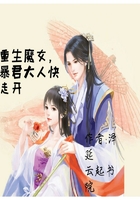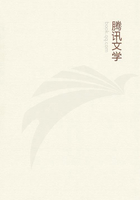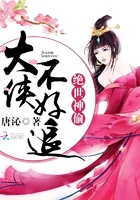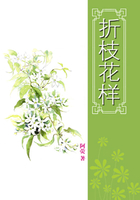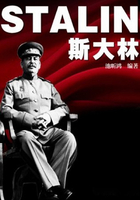The household infantry consisted of two regiments, which were then, as now, called the first regiment of Foot Guards, and the Coldstream Guards. They generally did duty near Whitehall and Saint James's Palace. As there were then no barracks, and as, by the Petition of Right, it had been declared unlawful to quarter soldiers on private families, the redcoats filled all the alehouses of Westminster and the Strand.
There were five other regiments of foot. One of these, called the Admiral's Regiment, was especially destined to service on board of the fleet. The remaining four still rank as the first four regiments of the line. Two of these represented two brigades which had long sustained on the Continent the fame of British valour. The first, or Royal regiment, had, under the great Gustavus, borne a conspicuous part in the deliverance of Germany.
The third regiment, distinguished by fleshcoloured facings, from which it had derived the well known name of the Buffs, had, under Maurice of Nassau, fought not less bravely for the deliverance of the Netherlands. Both these gallant bands had at length, after many vicissitudes, been recalled from foreign service by Charles the Second, and had been placed on the English establishment.
The regiments which now rank as the second and fourth of the line had, in 1685, just returned from Tangier, bringing with them cruel and licentious habits contracted in a long course of warfare with the Moors. A few companies of infantry which had not been regimented lay in garrison at Tilbury Fort, at Portsmouth, at Plymouth, and at some other important stations on or near the coast.
Since the beginning of the seventeenth century a great change had taken place in the arms of the infantry. The pike had been gradually giving place to the musket; and, at the close of the reign of Charles the Second, most of his foot were musketeers.
Still, however, there was a large intermixture of pikemen. Each class of troops was occasionally instructed in the use of the weapon which peculiarly belonged to the other class. Every foot soldier had at his side a sword for close fight. The musketeer was generally provided with a weapon which had, during many years, been gradually coming into use, and which the English then called a dagger, but which, from the time of William the Third, has been known among us by the French name of bayonet. The bayonet seems not to have been then so formidable an instrument of destruction as it has since become; for it was inserted in the muzzle of the gun; and in action much time was lost while the soldier unfixed his bayonet in order to fire, and fixed it again in order to charge. The dragoon, when dismounted, fought as a musketeer.
The regular army which was kept up in England at the beginning of the year 1685 consisted, all ranks included, of about seven thousand foot, and about seventeen hundred cavalry and dragoons.
The whole charge amounted to about two hundred and ninety thousand pounds a year, less then a tenth part of what the military establishment of France then cost in time of peace. The daily pay of a private in the Life Guards was four shillings, in the Blues two shillings and sixpence, in the Dragoons eighteen pence, in the Foot Guards tenpence, and in the line eightpence.
The discipline was lax, and indeed could not be otherwise. The common law of England knew nothing of courts martial, and made no distinction, in time of peace, between a soldier and any other subject; nor could the government then venture to ask even the most loyal Parliament for a Mutiny Bill. A soldier, therefore, by knocking down his colonel, incurred only the ordinary penalties of assault and battery, and by refusing to obey orders, by sleeping on guard, or by deserting his colours, incurred no legal penalty at all. Military punishments were doubtless inflicted during the reign of Charles the Second; but they were inflicted very sparingly, and in such a manner as not to attract public notice, or to produce an appeal to the courts of Westminster Hall.

